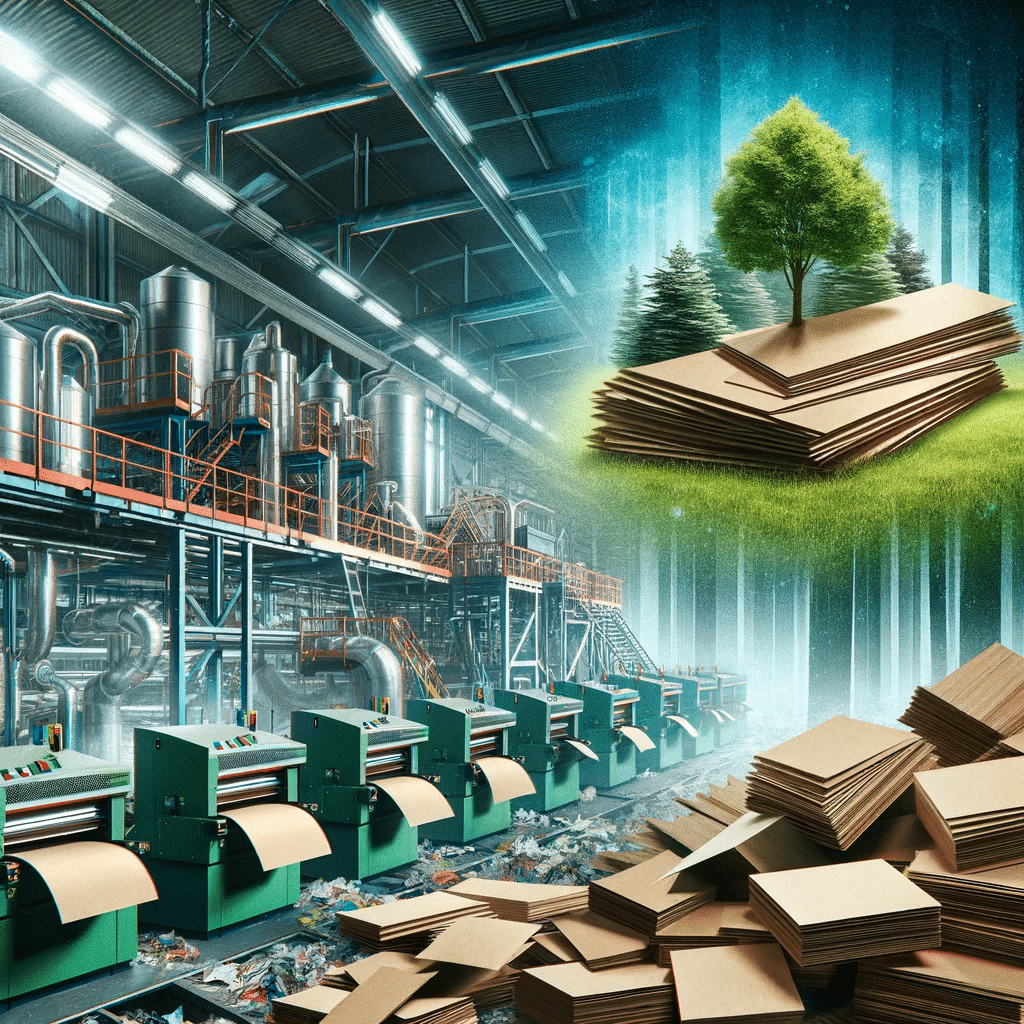The Hidden Costs of Trading Card Production
Trading card production has a significant environmental footprint, largely due to the use of paper and plastic. Each year, millions of cards are produced, requiring substantial resources including water, trees, and fossil fuels. This process not only consumes natural resources but also generates waste, contributing to deforestation and landfill overcrowding. Collectors should be aware of these impacts as they reflect on the sustainability of their hobby.
Sustainable Practices in the Trading Card Industry
In response to environmental concerns, some companies in the trading card industry are adopting more sustainable practices. These include using recycled materials for card and packaging production and employing digital printing techniques that reduce chemical and water usage. By supporting brands that prioritize sustainability, collectors can help drive positive change in the industry, encouraging more companies to consider eco-friendly production methods.
Digital Alternatives and Their Environmental Benefits
The rise of digital trading cards offers an alternative that eliminates physical waste entirely. Digital collections do not require physical materials for production, distribution, or storage, significantly reducing their environmental impact. While digital collections can’t completely replace the tactile experience of traditional cards, they offer a more sustainable option for environmentally conscious collectors.
What Collectors Can Do to Minimize Environmental Impact
Collectors can play a crucial role in reducing the environmental impact of their hobby. Opting for digital collections where possible, choosing products from companies with sustainable practices, and participating in card recycling programs are effective ways to contribute. Additionally, collectors can educate themselves and others about the environmental costs of card production, promoting more sustainable collecting habits within the community.
The environmental impact of trading card production is an important consideration for collectors who are mindful of sustainability. By making informed choices about the products they purchase and advocating for greener practices, collectors can help mitigate the ecological footprint of their collecting activities. As the industry evolves, there is hope that more sustainable practices will become the norm, benefiting both the planet and future generations of collectors.


